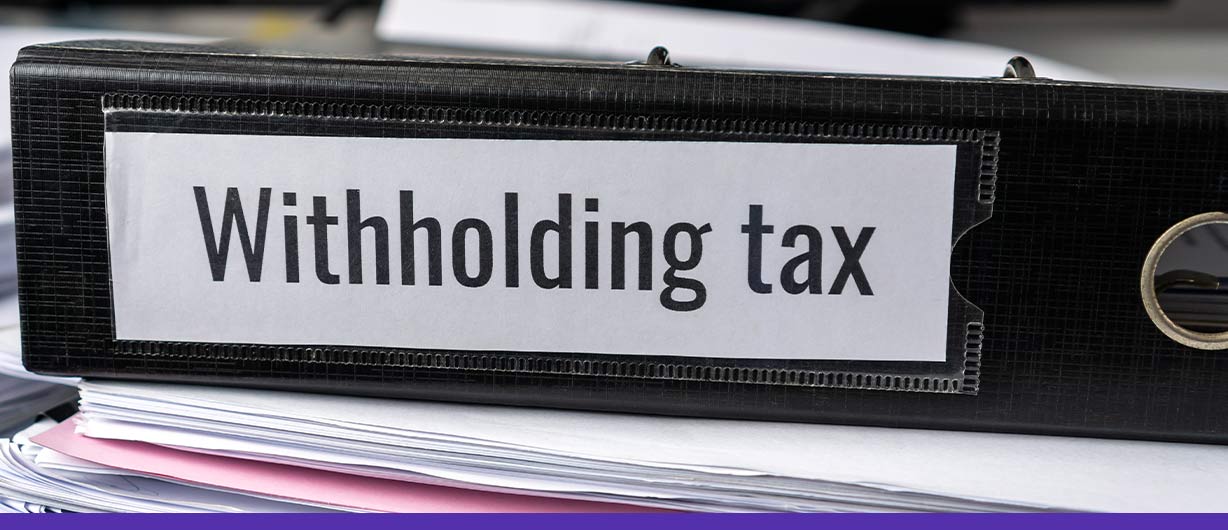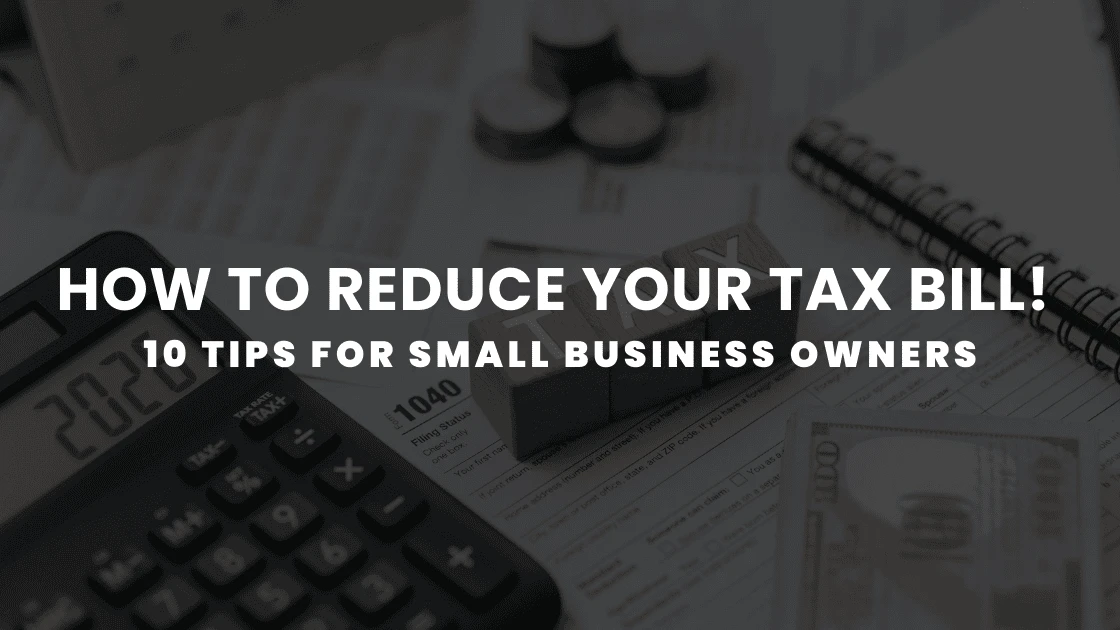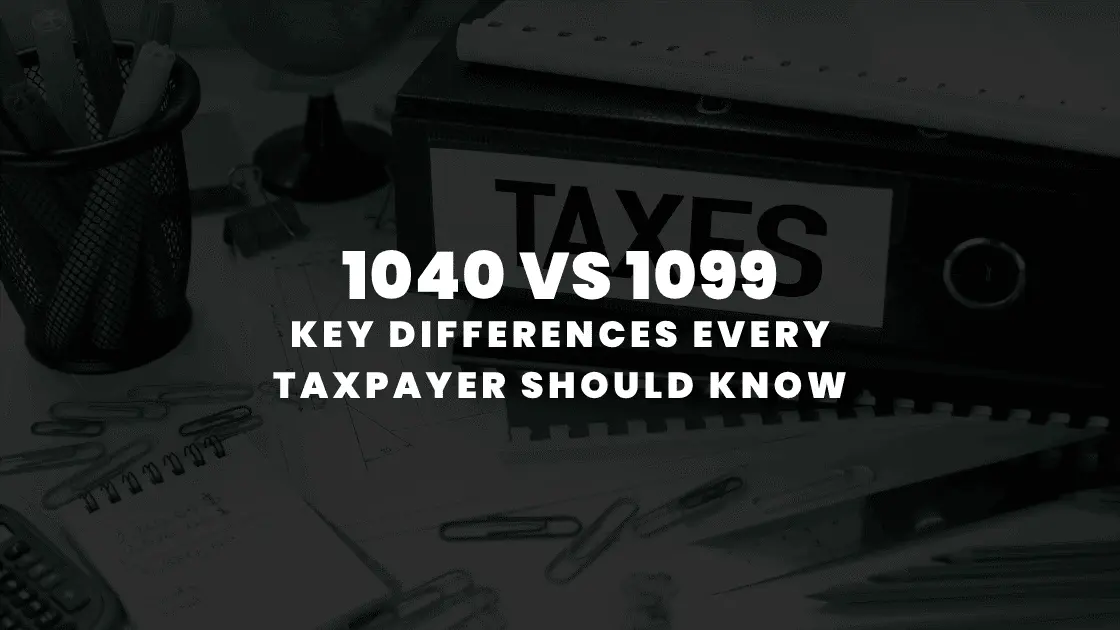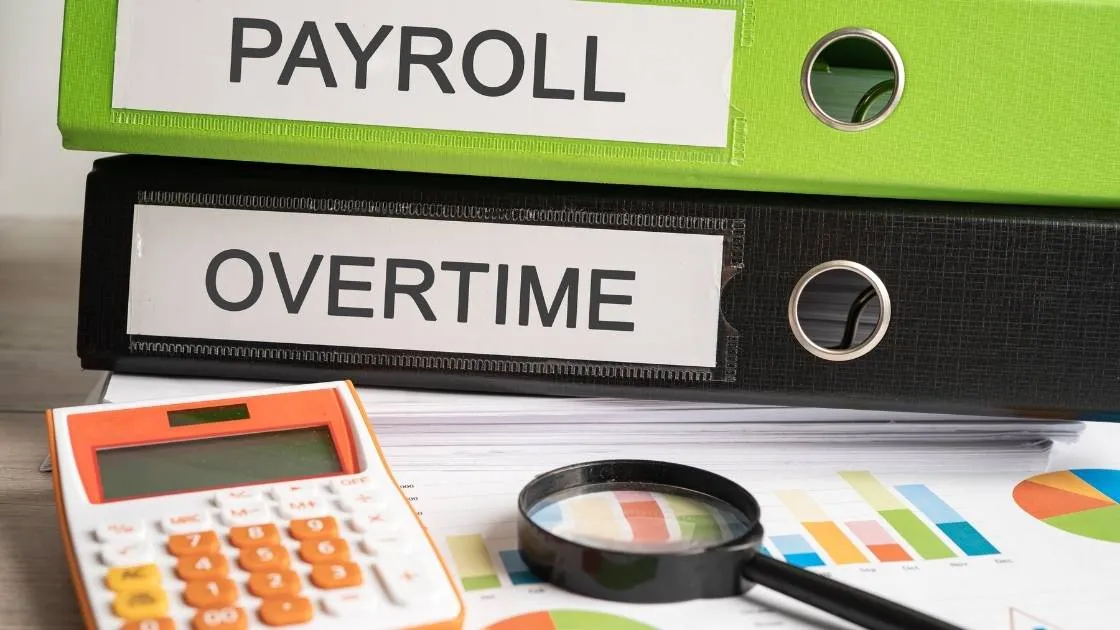April 28 2023 | By Wajiha Danish | 5 minutes Read

Backup withholding is tax withholding that requires a payer to withhold a certain percentage of payment to a recipient and remit it to the IRS. Backup withholding typically applies to certain types of income, such as interest, dividends, and other reportable payments.
The backup withholding rate is currently set at 24% of the payment amount, and it is designed to ensure that the IRS collects tax on income that may not have been reported by the recipient or on income that is subject to certain penalties, such as failure to provide a correct taxpayer identification number (TIN).
If the payer is required to withhold backup withholding, they must notify the recipient in writing and explain why backup withholding is being applied. The recipient can avoid backup withholding by providing the payer with a valid TIN and other required information.
Backup withholding is a system the Internal Revenue Service (IRS) uses to ensure that taxpayers who receive income from sources such as interest, dividends, or independent contractor work have paid their required taxes. Here’s how backup withholding works:
– When you receive income from a source that requires backup withholding, such as interest, dividends, or payments for independent contractor work, the payer will request your Taxpayer Identification Number (TIN), usually your Social Security number.
– If the payer cannot obtain your TIN, or if the TIN is incorrect, the payer must withhold a certain percentage of the payment, usually 24%, and remit it to the IRS.
– The amount withheld is credited against your tax liability when you file your tax return. You would receive a refund if the amount withheld exceeds your tax liability.
– If the amount withheld exceeds your tax liability, you must pay the difference when you file your tax return.
If a backup withholding tax is overpaid, the taxpayer can claim the excess amount as a refund. The process for obtaining a refund will depend on the specific circumstances of the overpayment and the taxpayer’s situation.
To claim a refund, the taxpayer should file a tax return for the relevant year and request a refund of the overpaid backup withholding tax amount. The taxpayer may also need to provide documentation to support the refund claim.
It’s important to note that the IRS generally has a three-year statute of limitations for claiming refunds. This means a taxpayer must claim a refund within three years from the date the tax return was due or filed, whichever is later. Otherwise, the refund may be forfeited.
If taxpayers believe they have overpaid backup withholding tax, they should consult a tax professional or contact the IRS for guidance on the proper steps.
Here are some examples of income that may be subject to backup withholding:
When a bank pays interest income to an account holder and fails to provide a correct TIN or certification, the bank may be required to withhold backup tax from the interest payments.
When a company pays dividends to shareholders, and the shareholder fails to provide a correct TIN or certification, the company may be required to withhold backup tax from the dividend payments.
When a person or company pays for services to a non-employee, such as a freelancer or independent contractor, and the recipient fails to provide a correct TIN or certification, the person or company may be required to withhold backup tax from the payments.
When goods or services are exchanged for other goods or services, and the recipient fails to provide a correct TIN or certification, the person or company making the exchange may be required to withhold backup tax from the exchange value.
Backup withholding tax is important because it helps ensure that the IRS collects the taxes owed by taxpayers who fail to report all their income or provide accurate information on their tax returns.
The backup withholding tax requires payers, such as employers or financial institutions, to withhold a portion of certain payments to a payee who has failed to provide a correct taxpayer identification number (TIN) or who has been notified by the IRS that they are subject to backup withholding. The withheld amount is sent to the IRS and applied to the payee’s tax liability.
This system helps the IRS identify and collect taxes owed by individuals who might otherwise avoid paying them. Additionally, backup withholding can deter those who might intentionally underreport their income or provide inaccurate information on their tax returns since they risk having a portion of their payments withheld.
In summary, backup withholding is an important tool for the IRS to ensure compliance with tax laws and collect the taxes owed by taxpayers.
Backup withholding tax is a tax that the IRS requires certain payers to withhold from payments made to certain recipients who have failed to provide a correct taxpayer identification number or who have underreported their income. This tax aims to ensure that the IRS can collect taxes owed by these taxpayers. While the responsibility for paying backup withholding tax ultimately falls on the recipient, it is up to the payer to withhold and report the tax to the IRS. Both payers and recipients must understand their obligations regarding backup withholding tax to avoid penalties and potential legal issues. By following the guidelines set forth by the IRS, individuals and businesses can ensure compliance with tax laws and avoid any negative consequences arising from noncompliance.
Also Read: What Is Employer Tax Liability? Its Definition With Examples And Calculations
Subscribe for business tips, tax updates, financial fundamentals and more.
MORE BLOGS

Running a small business means every dollar matters. You work hard to earn revenue, manage expenses, and grow steadily, yet tax time often feels like money […]
Learn More →
Tax season can be overwhelming, especially when you’re staring at multiple forms with numbers instead of names. Two of the most common, and often misunderstood, are […]
Learn More →
Working extra hours can feel rewarding, after all you’re putting in more time, showing dedication, and earning more money. But when you look at your paycheck, […]
Learn More →